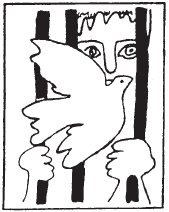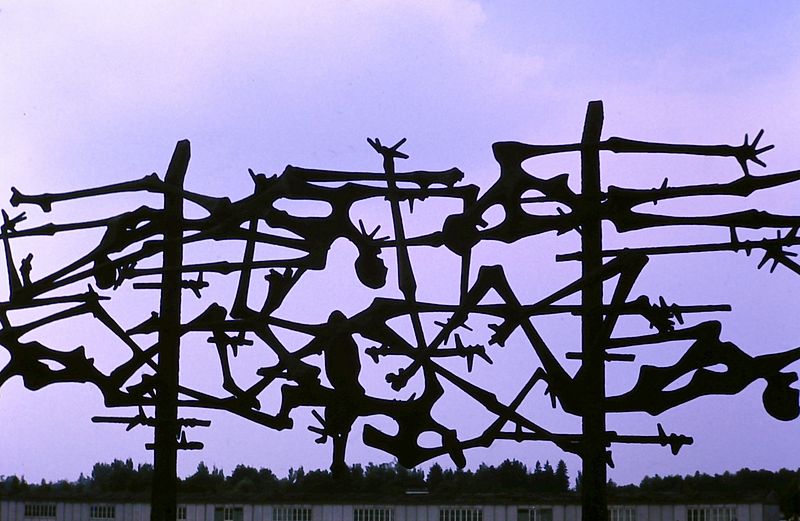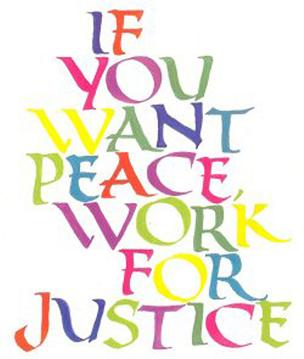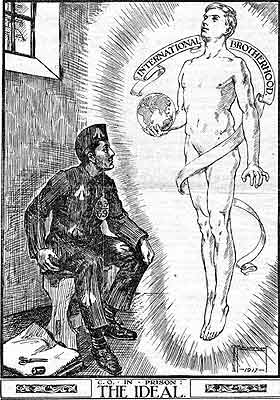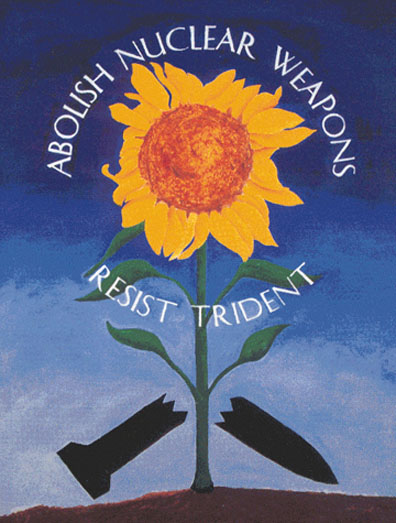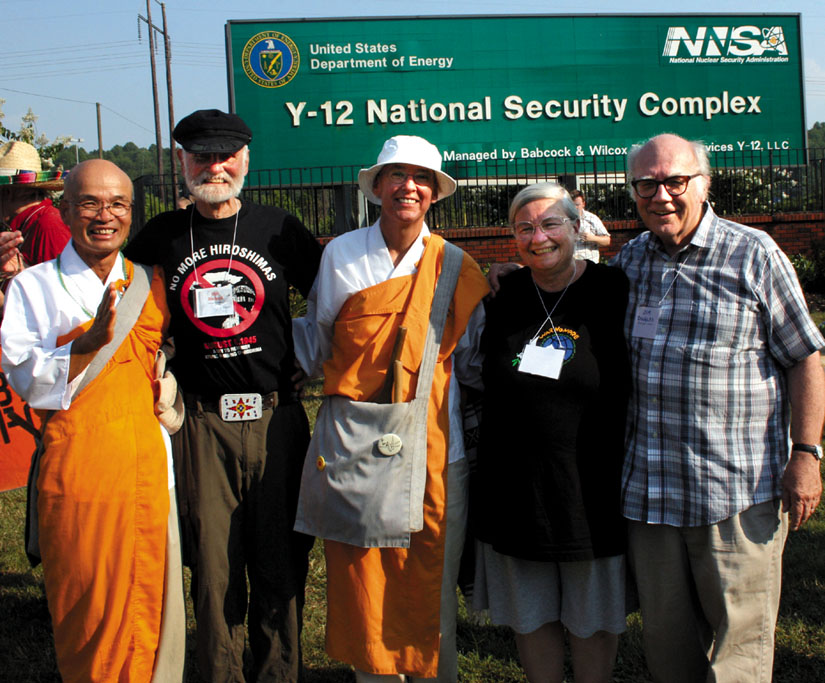How We Defeated Compulsory Air Raid Drills in New York City
by Ammon Hennacy
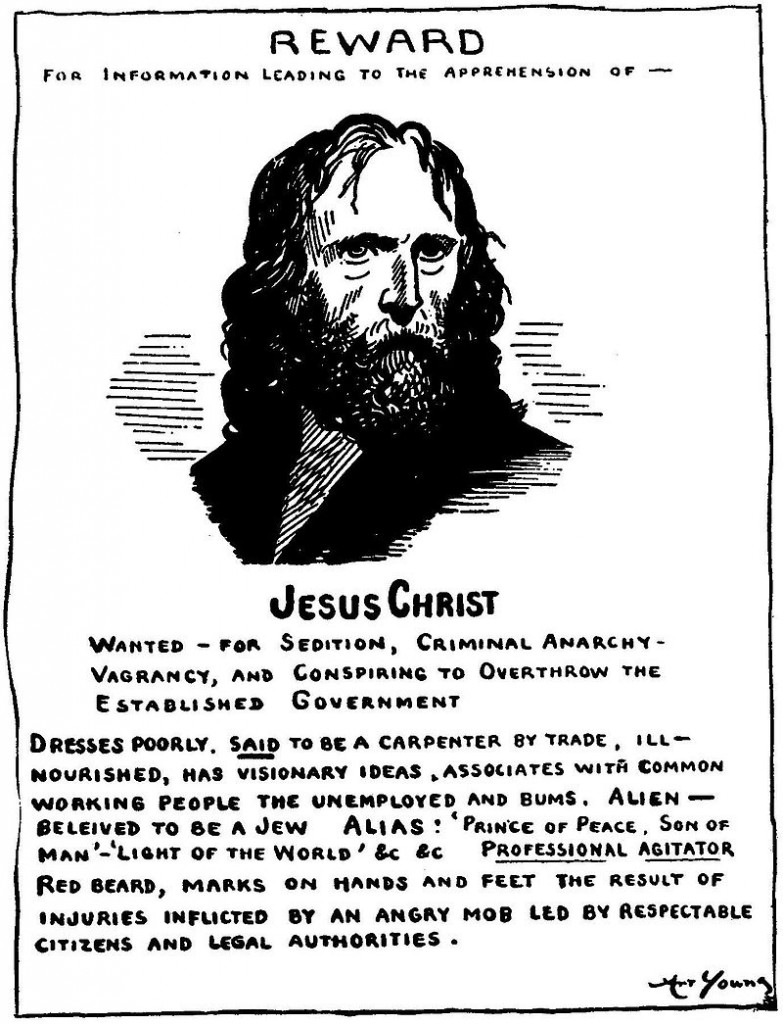
Cartoon by Art Young, The Masses, 1917 and in Hennacy’s autobiography; courtesy wikipedia.org
Editor’s Preface: In the mid-1950s New York City was in the grips of a civil defense hysteria over fears of a nuclear war with the Soviet Union. Mandatory civil defense drills were instituted, wherein at the sounding of the alarm New Yorkers had immediately to rush to one of the designated shelters, such as a nearby subway station. Dorothy Day and the Catholic Worker were among the first to refuse to comply and among the first to be arrested. Ammon Hennacy (1893-1970) was a Christian anarchist and pacifist and a great friend of Dorothy Day. He later founded the Joe Hill House of Hospitality in Salt Lake City, Utah. Those who knew Hennacy often commented on his wry sense of humor, readily seen in what follows. This unpublished article was found in the War Resisters’ International archive, which we are researching. Please consult the notes at the end for further information about Ammon, links, and acknowledgments. JG
In the spring of 1955 I saw in the paper that according to a new law there would be an air raid drill on June 15th and all were supposed to take part or suffer a penalty of up to a year in jail and a $500 fine. I phoned Dorothy Day, editor of the Catholic Worker and said we must get ready to disobey this bad law, for “a bad law is no better than any other bad thing.” She suggested that I contact other pacifists, so I phoned Ralph De Gia of the War Resisters League. We got in touch with leaders of the Fellowship of Reconciliation, the American Friends Service Committee, and the Women’s International League for Peace and Freedom, so when the time came we had 28 at the City Hall Park, and I spoke on television about our coming civil disobedience.


